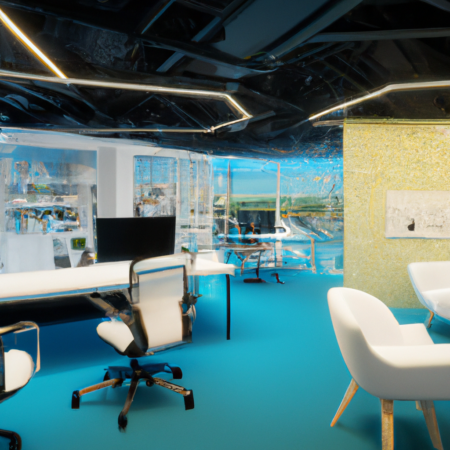Navigating the Future of Work: Trends and Technologies Transforming Our Workplaces in 2025
As we advance into the second quarter of 2025, the landscape of work continues to evolve at an unprecedented pace. Driven by rapid technological advancements and changing societal expectations, the future of work is shaping up to be vastly different from anything we’ve experienced before. This blog post explores key trends and technologies that are currently transforming our workplaces.
Remote Work: From Trend to Norm
The COVID-19 pandemic initially forced organizations worldwide to adopt remote work, a trend that has not only persisted but evolved. In 2025, remote work has become a standard operating model for companies across various sectors. Enhanced by sophisticated virtual collaboration tools, employees are now experiencing unprecedented flexibility and autonomy.
Artificial Intelligence and Automation
AI continues to be a game-changer in reshaping job roles and industry standards. Automation and AI-driven tools are now common in everyday business processes, enhancing efficiency and reducing human error. The integration of AI in the workplace has also led to the creation of new job categories, necessitating continuous skill upgrades and adaptation by the workforce.
Employee Well-being and Organizational Culture
Employee well-being has taken center stage with companies increasingly recognizing the link between productivity and health. Holistic approaches to employee benefits, mental health resources, and flexible work policies are becoming norms, fostering a culture that values and supports its workforce above all.
Conclusion
As we look towards the future, it’s clear that the work environment in 2025 will be dynamic and digitally driven. Staying ahead of these trends will require proactive adaptation and a willingness to embrace new technologies and methodologies. The future of work is not just about where we work, but how work can be a tool for personal and communal growth.






